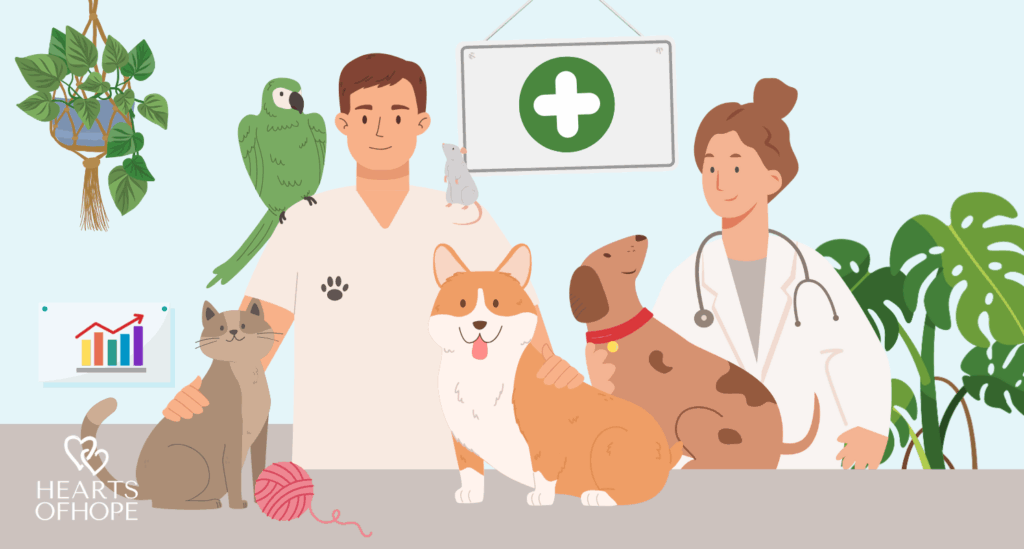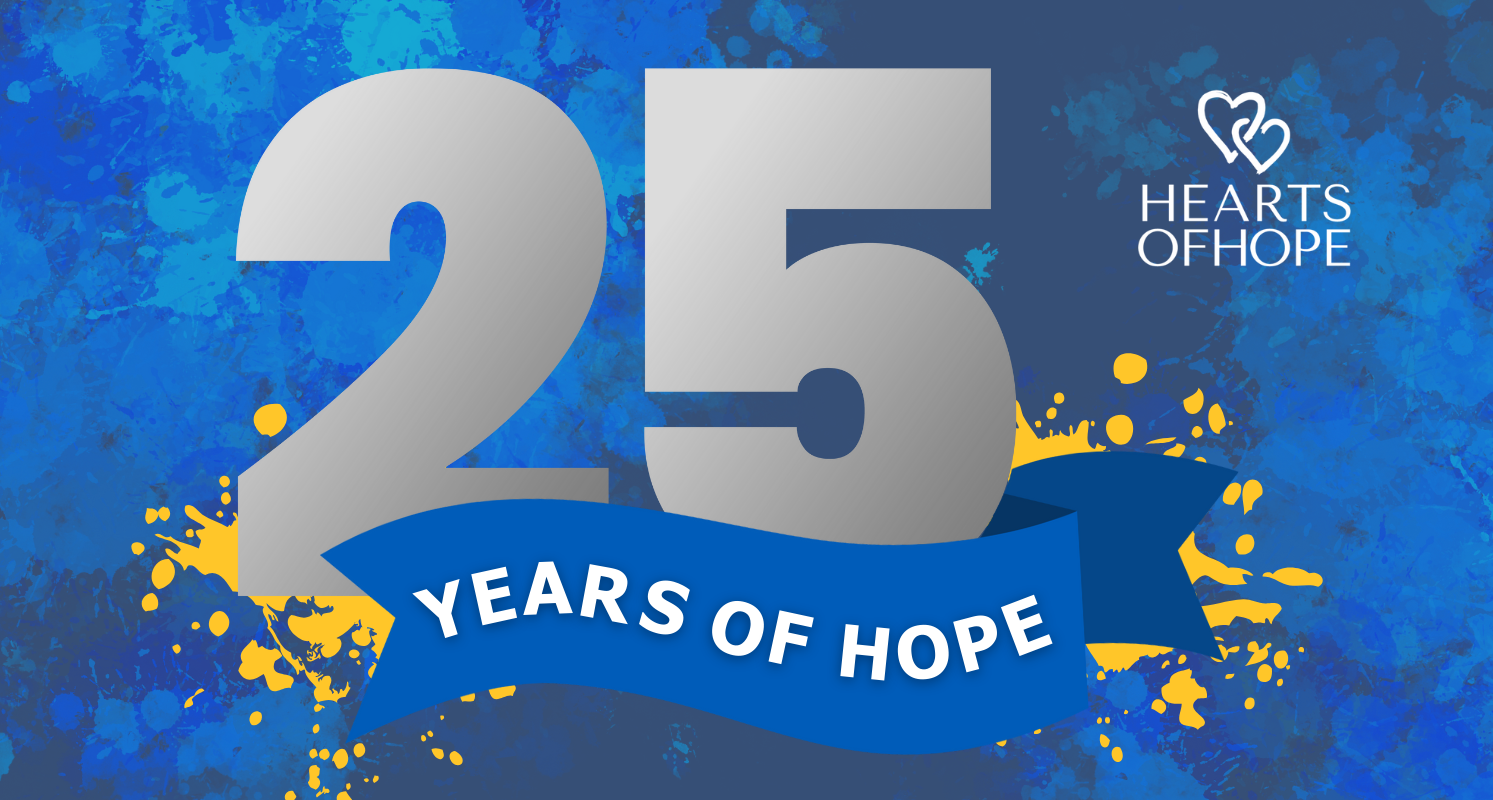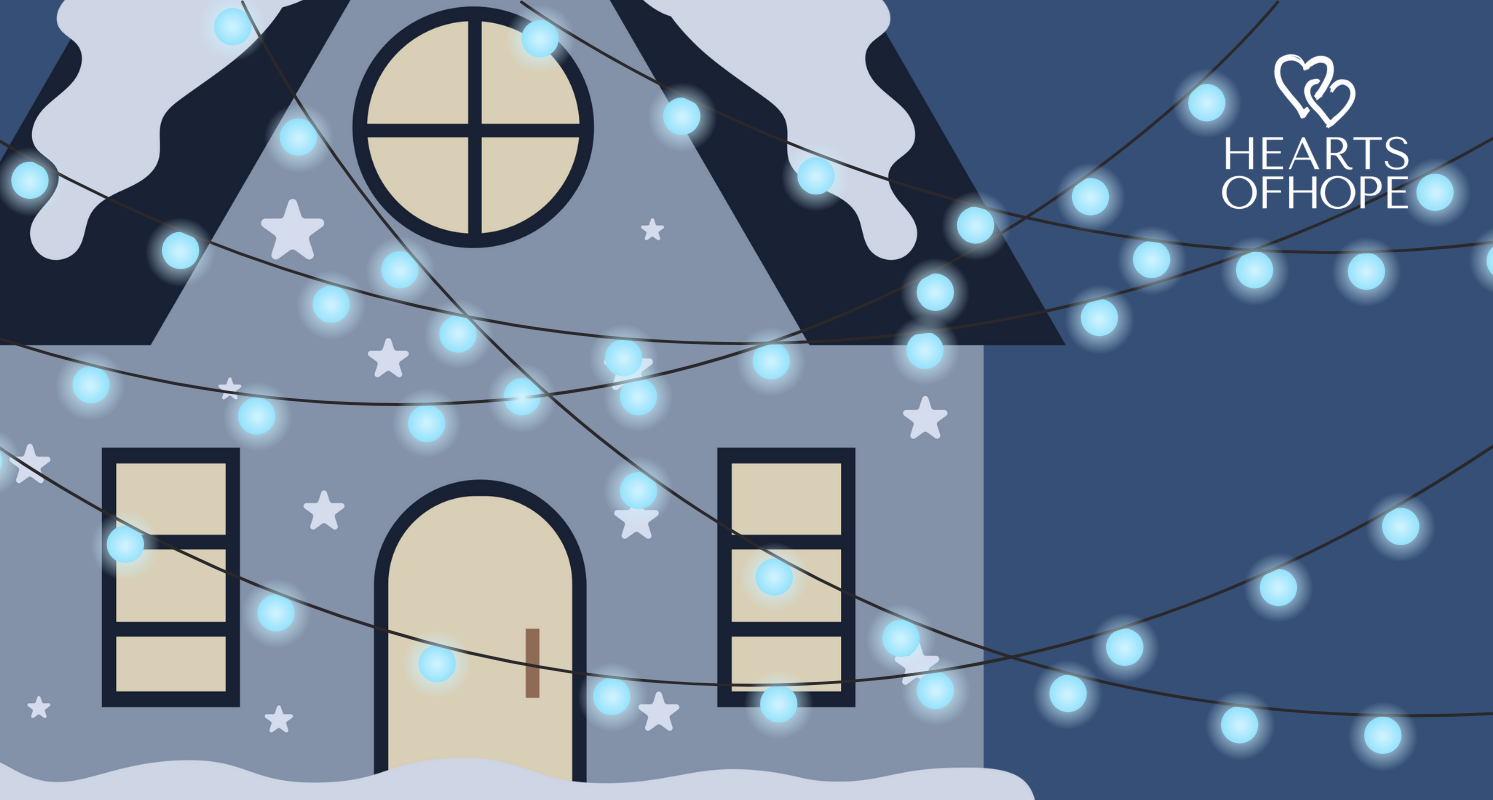Occupational Grief: Perspectives Across Professions

How veterinary professionals approach grief in their work
Interview by Terry Becker; article by Amy Roberts

At the Heart of It
• When witnessing or assisting with a grief experience, professionals often set aside their own feelings in order to be there for their clients.
• Society doesn’t always offer validation for pet loss.
• The connection between pets and their families is real, important, and meaningful, and the loss we feel when they pass is legitimate.
When I was in second grade, I remember completing an assignment for my teacher, Mrs. Smith. It’s one of those sense-memories that stays with you forever. The placement of my seat among my classmates, the color of the paper handouts as they circulated our classroom (“take one and pass it down”). Even the smell of the freshly-sharpened pencil in my hand is still there, along with the reminder “Don’t Hum!” on the back of my hand, written in blue marker by my mother to help me break a niggling habit (it didn’t work).
Of course, the most important part of the memory was the assignment itself, which was a simple, five-minute distraction for us before we broke for recess. A pale purple sheet of paper with a clip art depiction of a group of people of various occupations above a bubbly font that said: “When I grow up, I want to be a…”
Mrs. Smith asked us to think hard about the thing we loved doing most, and consider what jobs might be related to that thing. We had until recess to write down our answer.
I only needed about three seconds.
“V-E-T” I wrote, thinking of my dog Belle and her glossy fur, her bright brown eyes (like mine), the way she nipped at my heels as her shepherd instincts drove her to chase me back onto the deck every time I defied her. My partner in snacks, my pillow at night. My best friend.
Which is why, when I learned that veterinarians also had the unhappy task of helping animals pass away, I immediately changed my mind. I couldn’t imagine losing Belle, let alone watching others lose their beloved pets over and over again. I knew it was a special kind of person, someone who could balance a sense of duty with their fondness for animals, who could embody that profession.
I still think that today.
But what does that have to do with grief?
Last month, I had a call with Hearts of Hope Founder Judy Pedersen and Board Member Terry Becker, where we discussed the experience of facilitating a grief event. What challenges might there be for professionals who witness and participate in loss on a regular basis? Would they experience collective grief, or struggle with compassion fatigue? By that time, all of us knew, including me, the pain of losing our own pets. But what about the veterinarians? The surgeons? The clinic staff? How did it affect their daily lives to bear witness to loss so regularly?
And that’s where Sue and Ali come in. On her dogs’ next routine visit to Montville Animal Hospital in Towaco, NJ, Terry was able to borrow a few minutes of their time to find out. Sue is a veterinary technician and receptionist of twenty-five years, while Ali is an athletic trainer who has more recently discovered a passion for animal care. The answers they generously provided gave us a truly unique insight into the grief experience, not only of pet owners, but of those working alongside them in a professional capacity.
Read our interview with them below:
HoH: Hi Ali and Sue! Thank you for giving us a moment of your time. As professionals in the veterinary world, you witness loss in your workplace regularly. How do you process your own grief over your patients? How do you assist your patients’ owners as they experience a grief event?
Sue: I do my best to not show grief to a point. While I will show sadness for the loss of a pet, I feel the focus always needs to be on the pet and pet parent. I am an affectionate person by nature, so I tend to hug clients when needed. For whatever reason it is. I also have tried to tell a story or memory of the pet that I may have and share with the pet parent.
Ali: My grief is important but not as important as the owner’s and their family. Nothing compares to their grief. Processing my own grief kind of goes hand in hand with theirs by expressing my emotions of how amazing their pet is and that the owner did so much to love them and give them the best lives. I believe that showing my own emotions validates their emotions even more and they open up more. By assisting owners the best way to answer this is to “read the room”. Some owners can be ok with the situation at hand and enjoy talking and having a laugh. Other times you keep it brief and courteous, making sure to say just enough so they understand their loss is important and means something to all of us. We always say to never hesitate to reach out to talk and discuss what has happened if they would like.
HoH: Validation is definitely important for processing grief. Do you feel that pet owners are afforded less legitimacy for their grief than those who lose human family members?
Ali: [In general society] – I do believe this to be true. Some people have the audacity to say “it’s a pet”. People are allowed to feel what they want to feel about anything, especially something that upsets them. A pet is a family member. Maybe not in the eyes of the “law”, but they will always be a piece of our families.
Sue: [Here at Montville Animal Hospital] – ABSOLUTELY NOT. If anything more.
HoH: It’s good to know you’ve created a safe space, especially for owners who do their best for their pets despite their own logistical struggles. What challenges do elderly and disabled owners face in particular with regards to caretaking, especially for pets who become ill?
Ali: The biggest challenge would be transportation for them and their pets. The usual answer about getting them seen is “I have to find a ride.” Another common answer is about money and they are on a fixed income. We try our best to accommodate everyone with estimates and proper scheduling of appointments.
Sue: I personally feel that managing diabetes [in pets] is a little more difficult for seniors or handicapped people. Also simple care like walking dogs. Monitoring feeding amounts. Things like that.
HoH: It’s amazing how hard people work to care for their animals; the bond between pet and owner can clearly become deeply meaningful. How do you feel that having a pet affects us as humans? How important are they to our daily lives?
Sue: There’s a reason that pets help people in therapy. The calmness of petting a furry friend when going through anxious moments is very calming for most. Also pets make people smile. They inadvertently teach us patience and understanding. In addition they also help people become stronger and healthier with needing walks and routine exercise.
Ali: Pets have a positive impact on people’s lives. For instance, my own mom unfortunately had to put her older dog down and she was so sad (understandably so). She ended up rescuing another dog shortly after. It wasn’t a replacement, but something to fill the void. She can’t get enough of her new pup that makes her laugh, brings her so much joy, and keeps her active. Pets are an amazing part of life and we are so lucky we can share a part of our lives to fulfill their entire lives.
HoH: We are definitely lucky to have pets in our lives. Ali and Sue, thank you so much for your time. To wrap up on a high note: what is your favorite part of your job?
Sue: That is difficult. I love my job. I have been doing this for 25 years this year. I guess just helping animals and their people too. Reassuring someone that they’re not alone and that we’re here for them too.
Ali: The happy faces that come in the front door; humans or animals! Also the appreciation for our time and effort we put into helping not only the pets but the owners as well in stressful times.
Our endless thanks to Ali and Sue for their time and insight. We hope to find more opportunities to explore grief from the professional perspective and see what insights those who offer services and support to grievers on a regular basis can provide.
Pause for a Beat
• Pets are members of our family. Do you agree?
• Have you ever felt that your grief over the loss of a beloved pet has been diminished or dismissed? In what ways?
• Research shows that sharing happy memories about those we’ve lost can help us through the grieving process. Send us your pictures and tell us your stories – we want to be a safe space for you.
Hope and Healing Toolbox
- Cornell Pet Loss Support Hotline: Call 607-218-7457 Monday-Friday from 6-9pm and Saturday-Sunday 12pm-3pm for pet grief support from trained veterinary students
- Oradell Animal Hospital’s 8-week Pet Bereavement Group
- Letters to Pushkin: submit your letters to your pet
- Senior Paw Project by the Catherine Violet Hubbard Foundation Animal Sanctuary
- All Curled Up: Veterinary service that provides compassionate end-of-life care for pets at home


